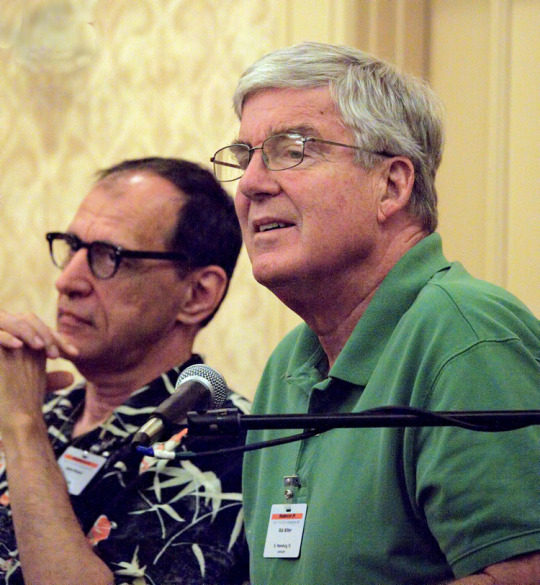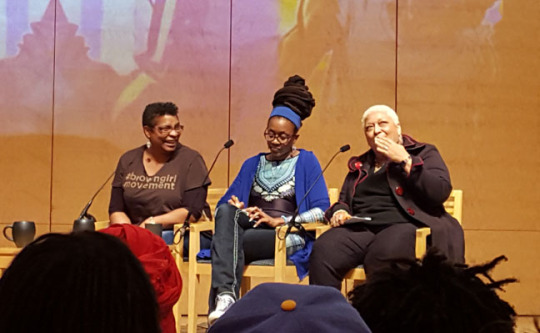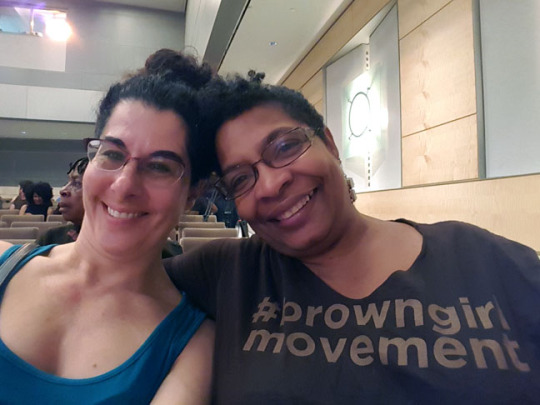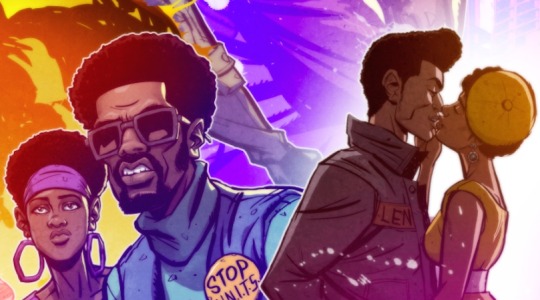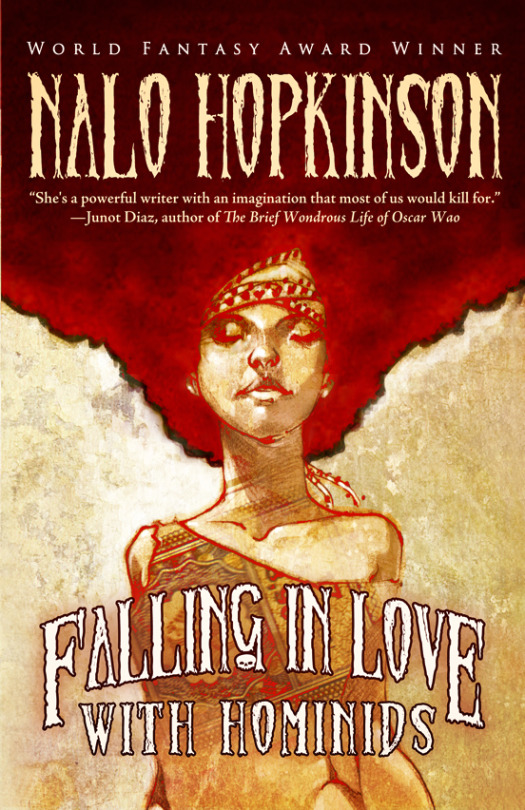Nalo Hopkinson’s FALLING IN LOVE WITH HOMINIDS is essential feminist science fiction
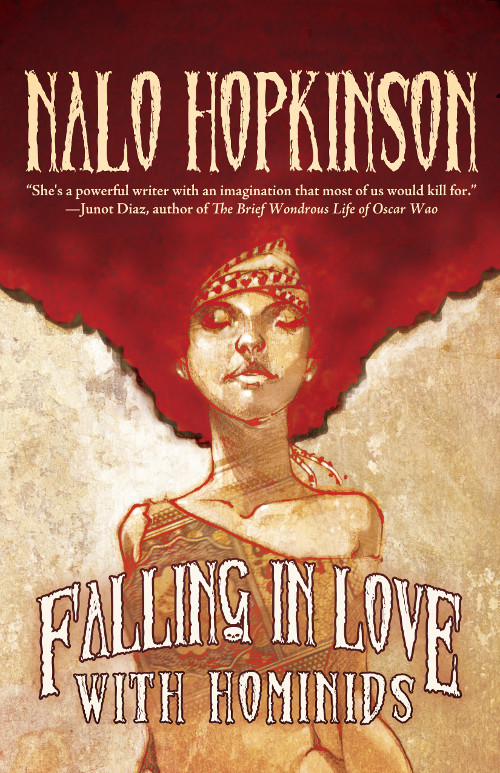
On the Spanish site FÁBULAS
ESTELARES, Carla Bataller Estruch includes FALLING IN LOVE WITH HOMINIDS and Midnight Robber among the essential title of feminist science fiction.
The list will be updated as you discover more works. It is personal, but transferable: you can write down all the titles and authors that you want. The staff part comes to that I will indicate what I have read and what I have not, what interests me more or less, what I think is complementary, basic or essential.
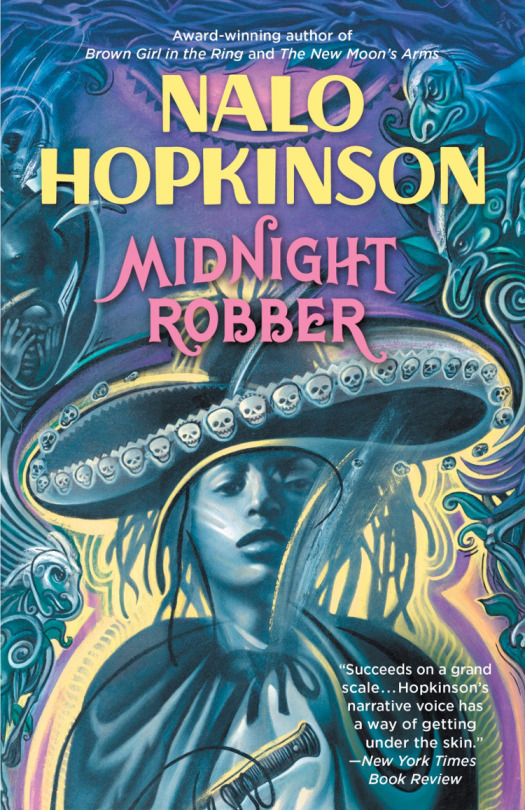
Andrea Blythe on her eponymous blog praises what she’s read of the collection.
The other book I’ve been working on is FALLING IN LOVE WITH HOMINIDS, a short story collection by Nalo Hopkinson. I love her work and am enjoying the stories I’ve read so far.
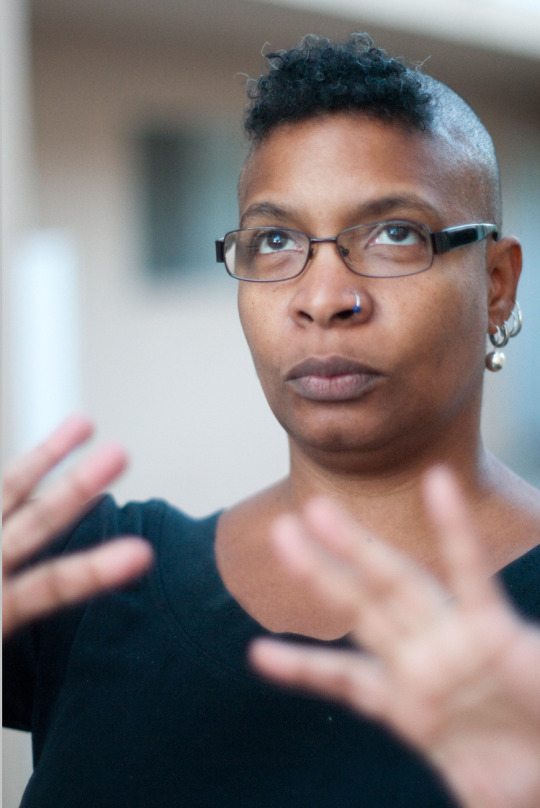
Photo: David Findlay
At TOR.COM, Alex Brown mentions Midnight Robber in 8 Books and Comics for Your Post-Black Panther Reading List.
One of the best parts about the Black Panther cast is its pan-African diversity. Delve back into the Black diaspora with Nalo Hopkinson’s novel set on planets colonized by Caribbean space explorers. Corrupt Antonio Habib rules over Toussaint until he and his daughter Tan-Tan are driven off their planet and onto another filled with exiles and criminals. After years of abuse at his hands, Tan-Tan kills him and goes on the run. Pregnant with her father’s child, she seeks refuge with an Indigenous species out in the bush outside the town. She soon takes the moniker of the Robber Queen, doling out violent justice to protect the helpless and ease her guilt at her own crimes. Although Midnight Robber doesn’t have any strong thematic or character connections to the film, it’s one of the best examples of contemporary literary Afrofuturism, hints of which are all over the Black Panther movie.
In THE NEW YORK REVIEW OF SCIENCE FICTION piece on Nnedi Okorafor, Sandra J. Lindow namechecks Hopkinson several times.
Afrofuturism is a way of looking at the past and imagining a future where Africans, African-Americans, and other African diaspora can be equal participants in creating a sustainable, egalitarian future. It is a movement that has been significantly influenced by music and art. Like other writers of color such as Octavia Butler, Nalo Hopkinson, N.K. Jemisin, and Nisi Shawl, Okorafor was informed by the Civil Rights Movement’s active reclamation of black history and culture that resulted in the Afrofuturist movement. Beginning with stories written in early creative writing classes, Okorafor takes contemporary problems such as bullying, racism, bigotry, ecological disaster, and out-of-control venture capitalism and moves them into the fantastic landscapes of Afrofuturism.
<snip>
By the beginning of this century, writers of color were beginning to draw considerable critical attention. Many of them were women. In 2002, Nalo Hopkinson was the first person of color to be a WisCon guest of honor. In 2010 Nnedi Okorafor shared the honor with writer/editor Mary Anne Mohanraj, and since then there have been six more Afrofuturist guests: Nisi Shawl, Andrea Hairston, N. K. Jemisin, Alaya Dawn Johnson, Sofia Samatar, and Nalo Hopkinson again. The WisCon web site has announced that the 2018 WisCon’s invited guests of honor are Saladin Ahmed, writer of Black Bolt for Marvel Comics, and award-winning novelist/screenwriter Tananarive Due, who teaches Afrofuturism at UCLA. The feminist sf community has embraced these writers, and they in turn have infused feminist sf/f with creative energy at a time when the original second-wave feminist sf writers are no longer in the forefront. Their popularity is based on their willingness to break the mold of traditional sf tropes and not be guided by the constraints of Western mythology.
<snip>
In addition to Yaszek’s questions, Okorafor joins Nalo Hopkinson in asking, “What role will the mythic supernatural have in human evolution?“ and like Octavia Butler before them, “What role will alien intervention play?” (Hopkinson interweaves mythology and the supernatural in her fiction often in transgressive ways as in her novel The Chaos where Baba Yaga and her flying chicken-legged house appear in downtown Toronto.
For more information on FALLING IN LOVE WITH HOMINIDS, visit the Tachyon page.
Cover art by Chuma Hill
Design by Elizabeth Story


